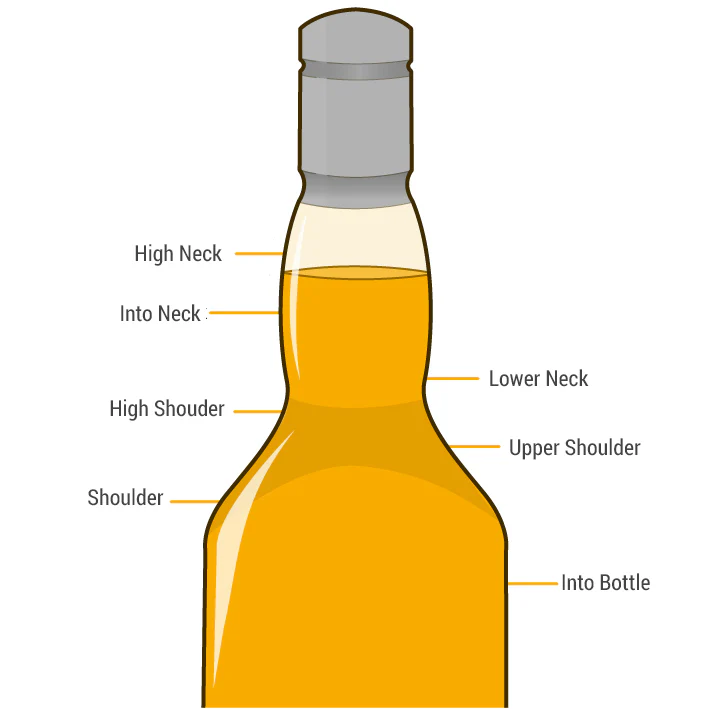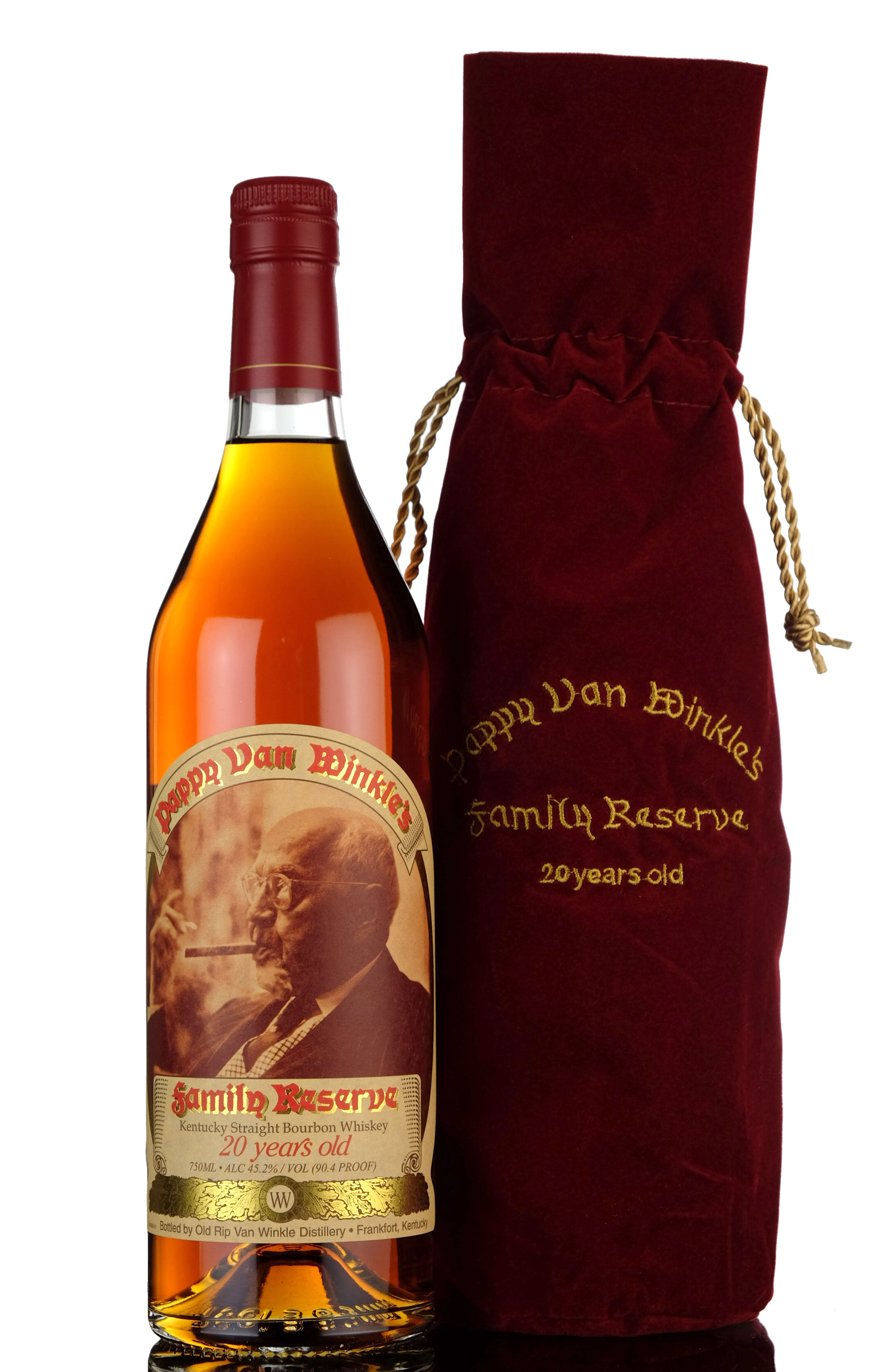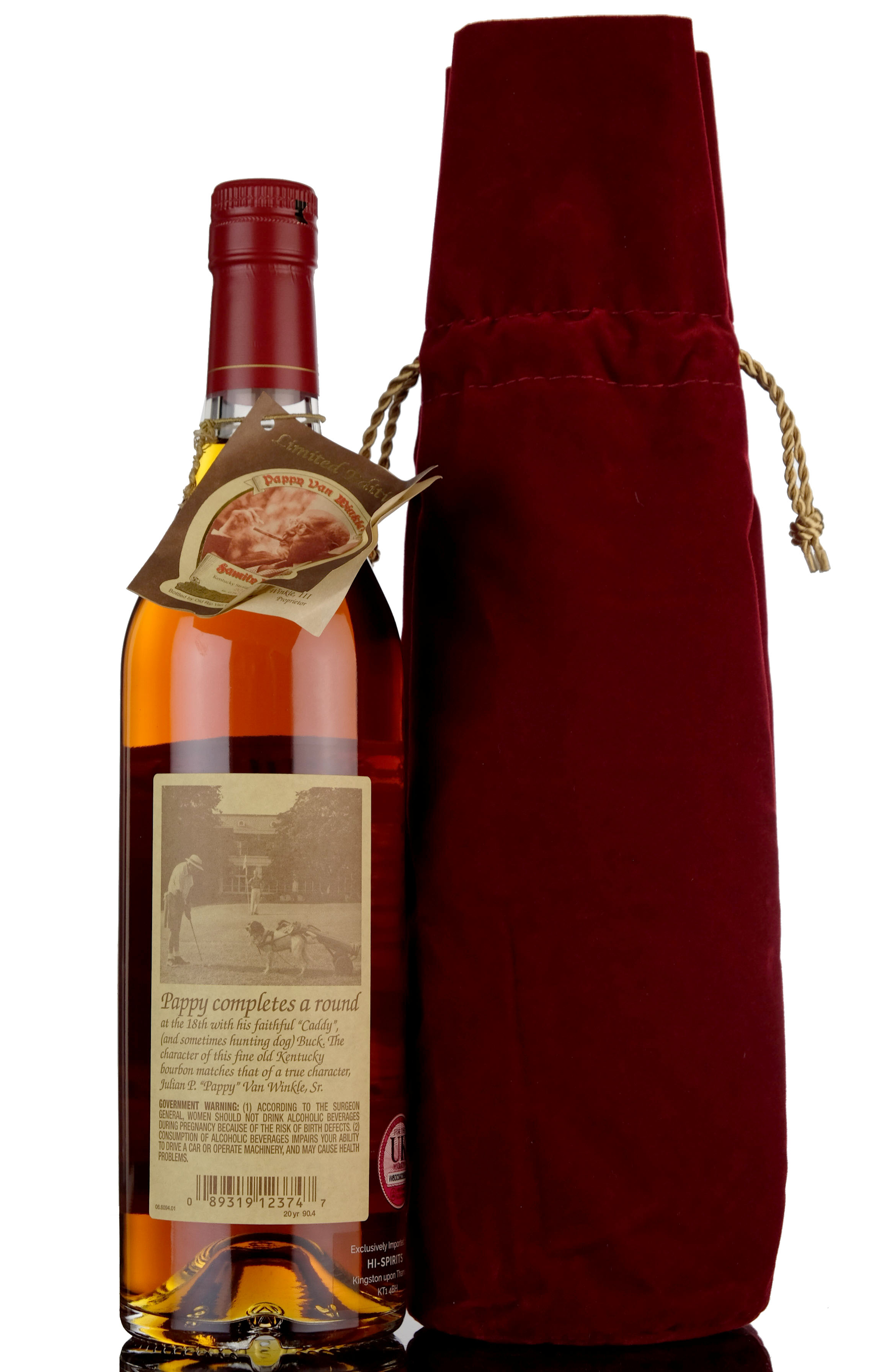End Date : Aug 11 2021 08:00 PM
We may have sold this bottle before. Click the graph below to view our sales history.
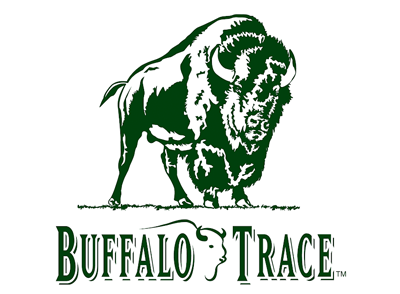
The first official distillery at what is now Buffalo Trace was built by Harrison Blanton in 1812. This distillery was rebuilt and later expanded in the 1870s by E.H. Taylor, who named it Old Fire Copper (OFC), and then sold it to George T. Stagg, after whose death OFC was renamed George T. Stagg distillery. The distillery was shepherded through Prohibition by Alfred Blanton, after which it was purchased by Schenley International.
By the 1980s a large oversupply of aged whiskey led to a takeover by Age International and the introduction of Blanton’s Single Barrel by Master Distiller Elmer T. Lee. The Sazerac company bought George T. Stagg distillery in 1992, and renamed it Buffalo Trace in 1999. Buffalo Trace distillery's main brands include Eagle Rare, Old Charter and W. L. Weller and the distillery also makes bourbon under contract for the Van Winkle range, Blanton’s and Ancient Age among many others.
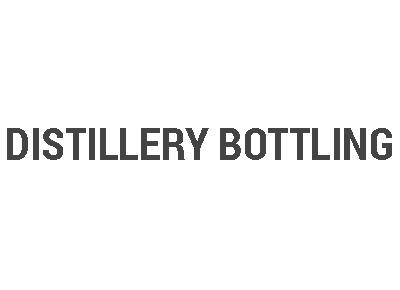
Distillery bottlings are, as the name suggests, bottled by or for the distillery from which the whisky has originated and are thus often referred to as Official Bottlings or OBs. Distillery bottlings are generally more desirable for collectors and usually fetch higher prices at auction than independent bottlings. They are officially-endorsed versions of the whisky from a particular distillery and are therefore considered the truest expression of the distillery’s character.
This ideal of the distillery character is regarded so seriously by the distilleries and brand owners that casks of whisky that are considered to vary too far from the archetype are frequently sold on to whisky brokers and independent bottlers. When this happens, it is often with the proviso that the distillery’s name is not allowed to be used when the cask is bottled for fear of diminishing or damaging the distillery’s character and status.
